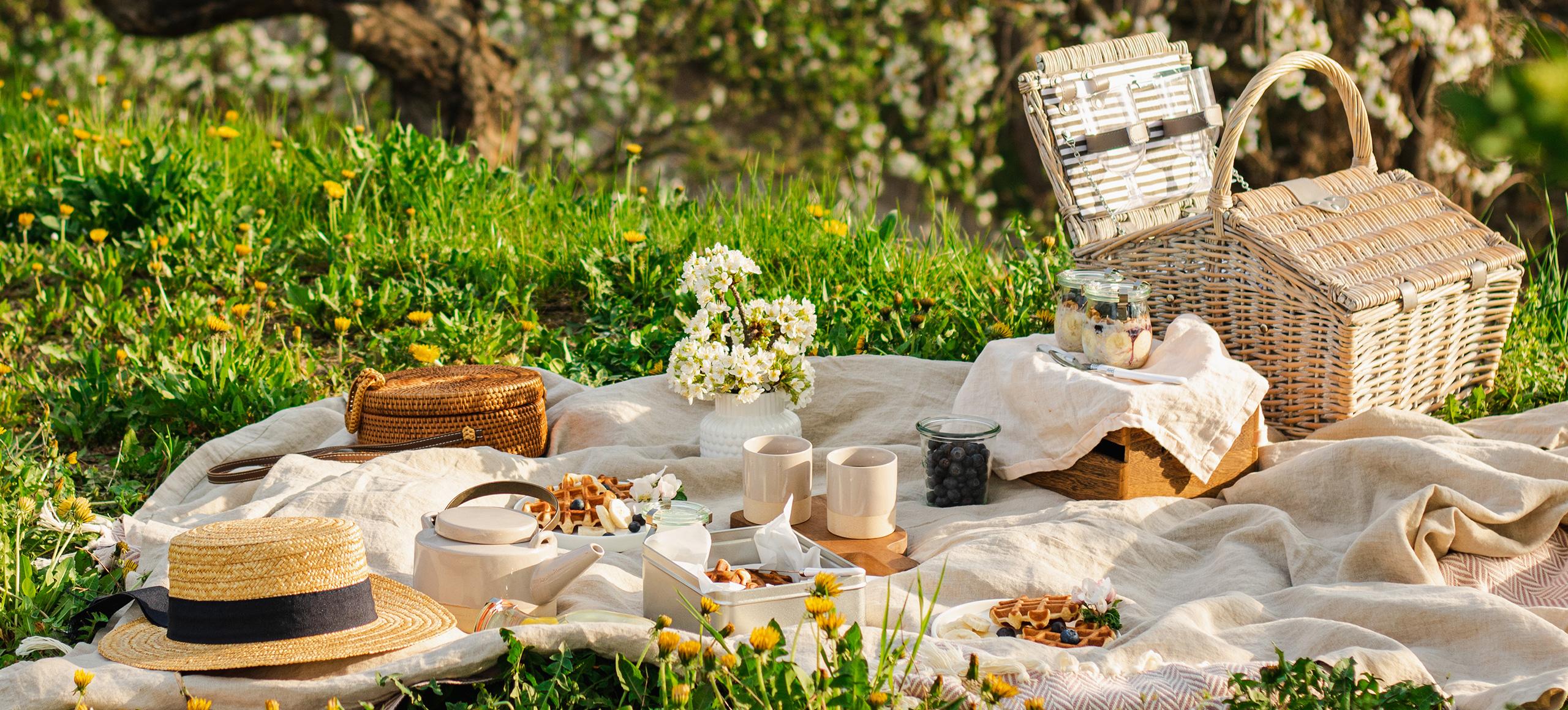In January 2023 Environment Secretary Thérèse Coffey announced that a ban on certain types of ‘polluting’ single-use plastic items would be introduced in England. With the ban coming into force from 1 October 2023, we take a look at what this means for the UK and consider what more can be done going forward.

25 Year Environment Plan
Plastic will be banished from English picnics and takeaways from October as the Government takes another step towards implementing its 25 Year Environment Plan.
First published in 2018, the 25 Year Environment Plan, outlined targets for how the UK will improve its environment within a generation – from cleaning up air and water quality to tackling waste. The plan set three key targets for waste and plastic pollution. The Government pledged to:
- Work towards an ambition of zero avoidable waste by 2050.
- Eliminate avoidable plastic waste by the end of 2042.
- Significantly reduce and where possible prevent marine plastic pollution – especially where it originates from land.

Single-use plastic items
Despite the ambition of the 25 Year Environment Plan and the Government’s initial move to ban the sale of single-use plastic straws, cotton buds, and drink stirrers in England from October 2020, the plastic waste mountain continues to climb.
And the UK is lagging behind the EU. In 2021 the Directive on Single-Use Plastics took effect in the European Union banning single-use plastics for which alternatives are available. This introduced a ban on single-use plastic straws and stirrers and extended to items such as plates and cutlery two years ahead of the UK.

UK introduces ban on single-use plastics in October
Thankfully England is now catching up. From October 2023 the ban on single-use plastic items will be extended to:
- Plastic plates
- Trays
- Bowls
- Cutlery
- Some polystyrene cups and food containers
The Government expects that banning these items will have a significant impact in reducing plastic waste littering in England. Currently, a staggering 2.7 billion pieces of plastic cutlery are used in the UK every year and only 10% are recycled.
While the implementation of the UK’s forthcoming legislation is a positive step by the Government, more can be done to mitigate the devastating impact that plastic continues to have on both nature and climate.

Single-use plastic bottles
Single-use plastic bottled water is a major part of the plastic problem. Each year, 7.7 billion plastic bottles are produced in the UK but neither these, nor the associated flexible wrap, will be captured by the Government’s proposed ban. Research by Retail Economics has found that 10 million PET plastic bottles are sold in the UK every day, wrapped in 1 million pieces of flexible plastic; and advertising carried out by big water companies was directly responsible for the sale of an additional 81 million plastic bottles throughout 2022 alone. Each plastic bottle sold in the UK takes hundreds of years to break down and is capable of inflicting serious damage on our natural environment.

Deposit return scheme
Five years ago, the Government promised to introduce a deposit return scheme for disposable bottles. After much foot-dragging that policy looks finally set to come into force for plastic bottles next year. This should boost the number of bottles being recycled, but it won’t get to the bottom of the plastic bottle problem.
If the UK really wants to show global leadership in the continued fight to end plastic pollution, it must move to make a culture of reuse and refill mainstream. It could then consider a complete ban on all single-use plastics.

Our solutions to reduce single-use plastic
When the Government announced the forthcoming ban on single-use plastics, it stated that over 95% of those people who responded to the initial consultation were in favour of the proposed legislation. Brits want to be bold on plastic. At BRITA we’re passionate about providing solutions to eradicate the single-use plastic bottled water industry. Whether that’s filtered water solutions for businesses such as your workplace or your local Costa Coffee, personal home filters, or reusable water bottles for on-the-go. Join us on our journey to help the UK reduce its reliance on single-use plastic.




